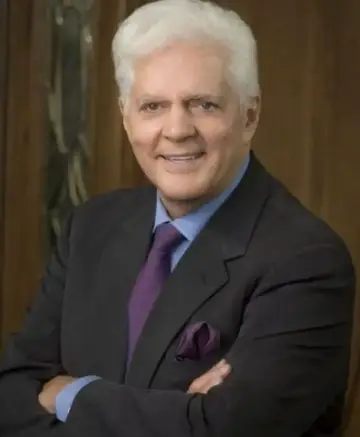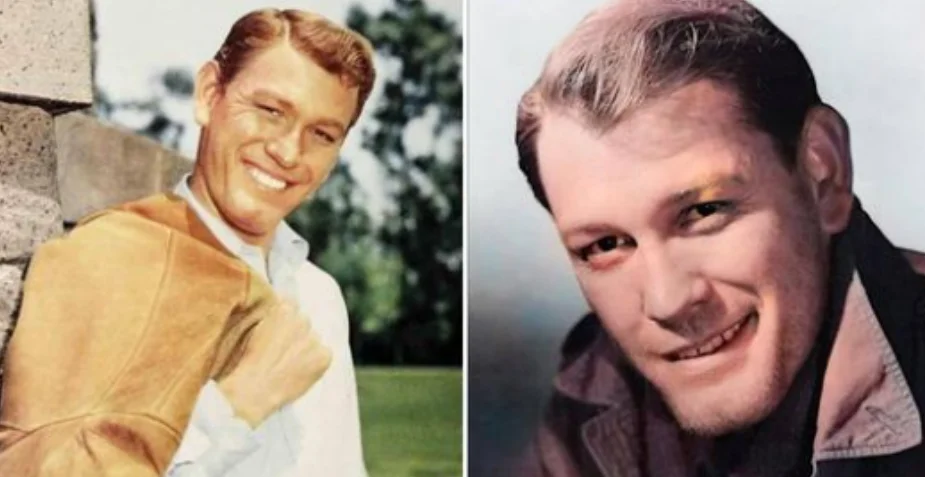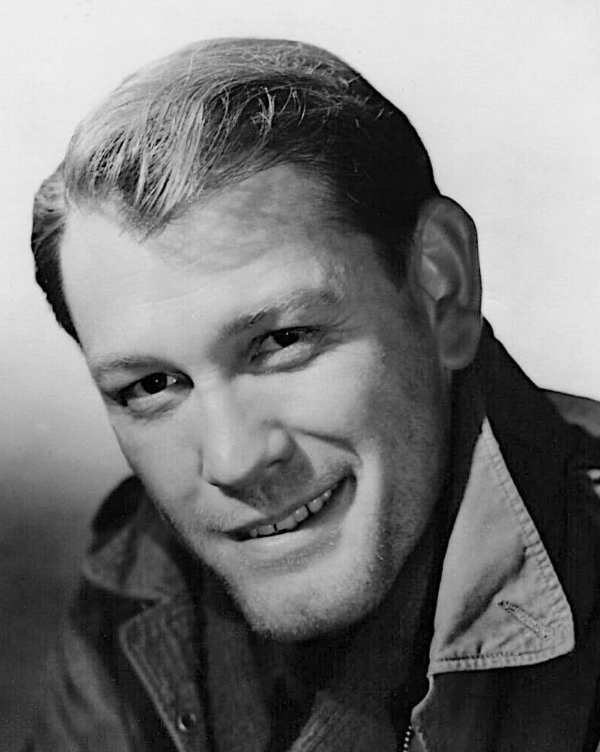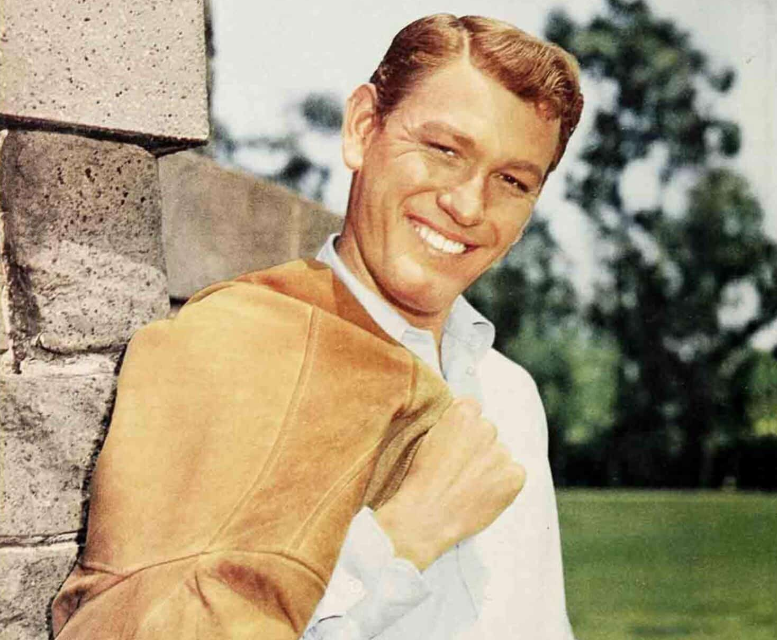
Bill Hayes, a pivotal figure of day-time television passed away at the age of 98.
Hayes was probably best known for his portrayal of Doug Williams on Days of Our Lives since 1970, appearing in over 2,100 episodes of the show. The role of the former con artist-turned-lounge singer became one of the longest-running characters in the show’s history.

Hayes was born in Harvey, Illinois, in 1925. Before becoming an actor, he started a career of a musician and a performer, reaching a Billboard chart-topping hit with The Ballad of Davy Crockett in 1955.
In 1953, Hayes had his Broadway debut in Me and Juliet and over the course of a decade he appeared in a number of productions.
By 1970, Hayes, a divorced father of five, was hoping to land a role closer to home when he joined the cast of Days of Our Lives, a decision that would define his career and endear him to millions of viewers.

It was on set that he met the great love of his life, actress Susan Seaforth, who played Julie Williams. Their on-screen chemistry translated into real life and the two tied the knot in 1974. They stayed together until Hayes’ passing.
Speaking of the instant connection they felt when they laid eyes on each other, Seaforth once said, “I’d seen enough to know that he was special.” Others could also see their unexplained connection. “We had a scene together shortly after meeting, and the head writer saw something going on between the two of us, just two people looking at each other, and he threw out the other plot lines he had for our characters,” she added.

Hayes and Seaforth Hayes were both honored with Lifetime Achievement Awards at the 2018 Daytime Emmys for their enduring contributions to television. The couple’s acceptance speech was heartfelt, with Bill expressing gratitude for the fans who considered them part of their own lives.

Honoring Hayes, a representative for the Peacock series told The Times in a statement, “It is with a heavy heart that we share the passing of our beloved Bill Hayes. One of the longest running characters on ‘Days of our Lives,’ Bill originated the role of Doug Williams in 1970 and portrayed him continuously throughout his life. He and his wife, Susan Seaforth Hayes, remained the foundation of the Williams-Horton family spanning more than 50 years.”
“I have known Bill for most of my life and he embodied the heart and soul of ‘Days of Our Lives,’” executive producer Ken Corday said in a statement. “Although we are grieving and will miss him, Bill’s indelible legacy will live on in our hearts and the stories we tell, both on and off the screen.”

In addition to his iconic role on Days of Our Lives, Bill Hayes had other notable television appearances, including roles in Matlock and Frasier. During the 1950s and 60s, he featured in TV adaptations of popular musicals such as Kiss Me, Kate and Once Upon a Mattress. He also portrayed John Brooks in the 1958 TV movie Little Women.
The cause of Hayes’ death hasn’t been disclosed with the public.
Rest in peace, legend.
From humble beginnings to Hollywood fame: What does the iconic actor look like today?

Earl Holliman’s path to Hollywood is a compelling story of ambition and aspiration. At the age of 14 in 1943, he was resolute in his desire to become a movie star.
Raised in Oil City and Mooringsport, often mistakenly identified as Shreveport, he embarked on his journey to Hollywood through several stops along the way. His adventure began with a trip to visit relatives in Camden, Arkansas, followed by a bus ride to Texarkana, Texas. From there, he hitchhiked to Hollywood.

Having saved some money working as a theater usher and during the night shift at a café near Barksdale Air Force Base, Holliman had also connected with a serviceman who offered a lead on a place to stay. However, this turned out to be in El Monte, California, a significant distance from Hollywood. Looking back, Holliman acknowledges that it was a risky decision, one that wouldn’t be advisable in today’s world.

His initial foray into Hollywood didn’t pan out, prompting him to return home briefly before enlisting in the Navy. Nevertheless, his dream of becoming an actor remained alive. He eventually made his way back to Los Angeles, where he honed his craft at the Pasadena Playhouse and the University of California, Los Angeles.

Holliman’s determination paid off, leading to an impressive film career with notable roles in classics like “Giant” (1956), “Forbidden Planet”, “The Rainmaker”, and “The Sons of Katie Elder”. He also became well-known on television, especially for his work alongside Angie Dickinson in “Police Woman” and with Richard Chamberlain and Rachel Ward in “The Thorn Birds”.

He fondly reminisces about his early days in Hollywood, particularly his first morning in El Monte, when he wore a short-sleeved silk shirt and dark glasses while walking in front of Grauman’s Chinese Theatre, fantasizing about being mistaken for a star. It was a moment filled with youthful dreams and innocence.
See below how Earl Holliman looks today at 96.





Leave a Reply